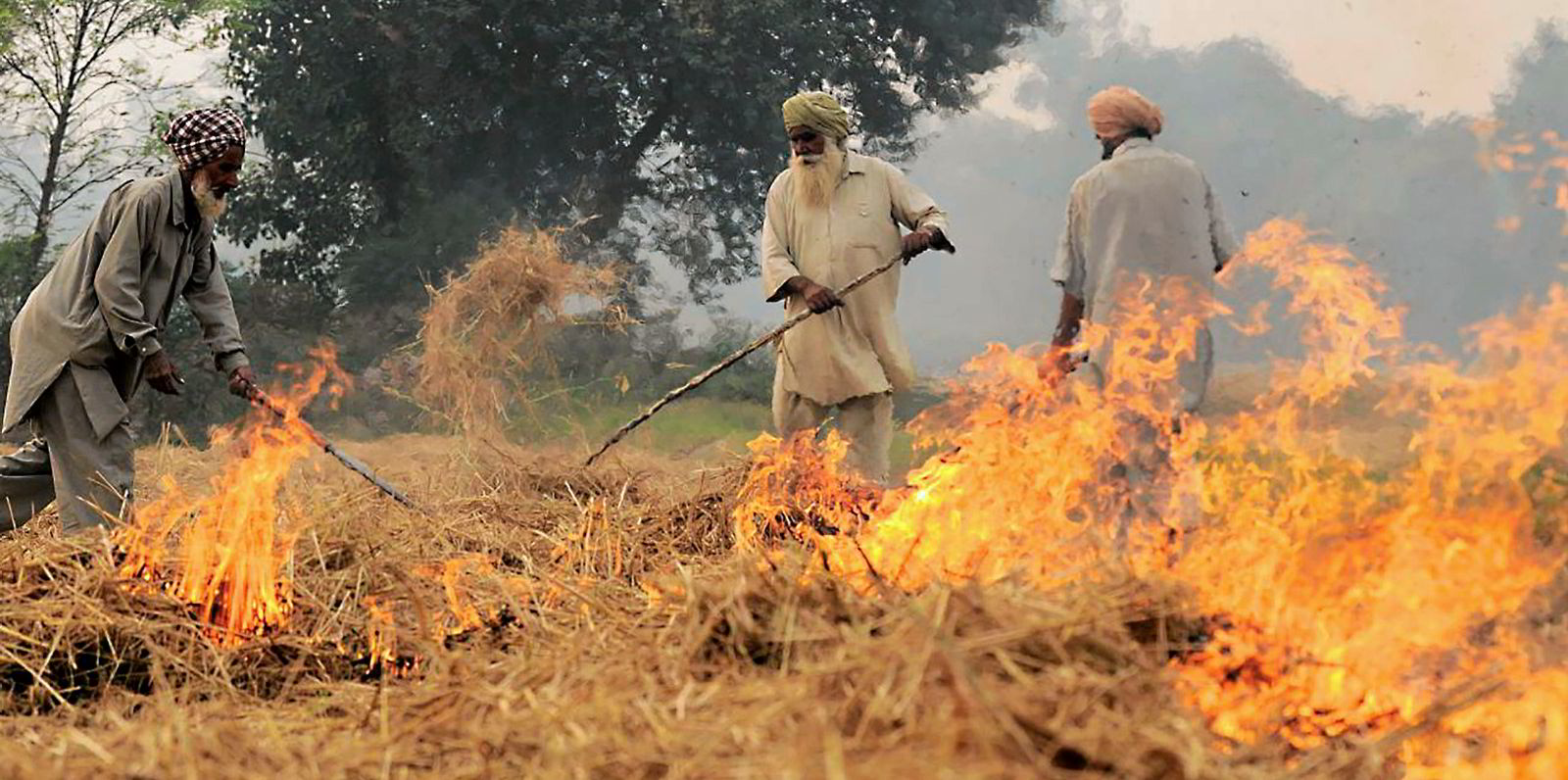Hans-Henning Judek — whose companies Verde Visions and JE Access are working on a project to convert agricultural waste into diesel fuel — claims the product will provide shipping with a clean-burning, renewable, carbon-neutral alternative to other green fuels under development.
Farmers have to either burn or pay for the removal of the waste, so this method will be what he describes as a “win-win” situation, as the waste is taken away without charge and the feedstock supply for the fuel is obtained for free.
Judek said that turning agricultural waste to diesel fuel costs far less than producing other types of alternative fuels being proposed, such as methanol, ammonia, hydrogen and fuels from recycled and virgin vegetable oils and animal fats.
The fuel will initially be priced at a small premium against a benchmark price of $550 per tonne for conventional very low-sulphur fuel oil.
“That is the price we need to help us get off the ground, but I am quite sure that as we ramp up in scale, we will be able to compete fully on cost,” he said.
No modification required
The fact that it can be dropped into an existing fuel infrastructure is another plus that Judek went to great lengths to highlight.
In April, Clarksons Research non-executive president Martin Stopford estimated that the shipping industry would need to invest $3.4trn on building new ships to meet the International Maritime Organization's 2050 emissions targets.
Judek claims that achieving the IMO’s goal by turning agricultural waste into diesel fuel would only cost in the region of $350bn.
Existing ships would not need to be replaced as it is a "drop-in" fuel that requires no modifications to existing marine diesel engines, nor the shoreside bunkering infrastructure.
“This is less than 10% of the cost of other proposals and comes without the risk of a large number of stranded assets,” he said.
And, Judek added, there is enough agricultural waste produced in the world to fuel the entire global shipping fleet.






